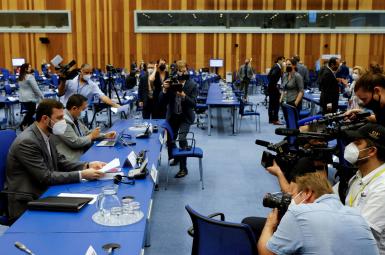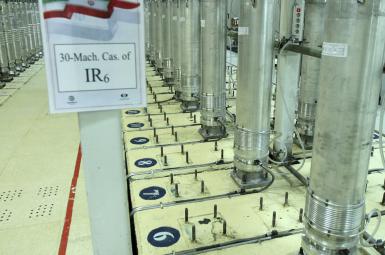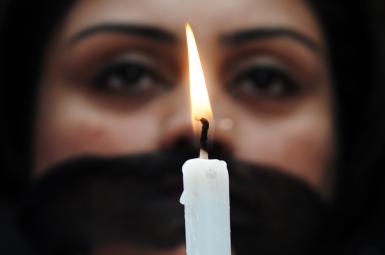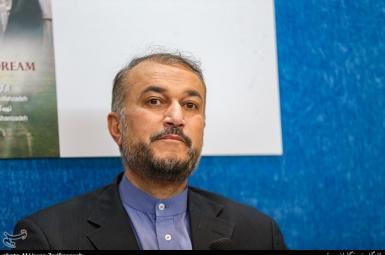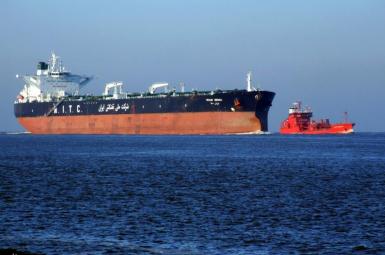
Foreign Minister Says Iran Does Not Want To Tie Itself To Nuclear Talks
Iran does not want to tie its future to the outcome of nuclear talks with world powers and if these talks succeed, “so much the better”, Iran’s foreign minister Hossein Amir-Abdollahian said before leaving New York on Saturday after attending the UN General Assembly.
The foreign minister’s remark shows that after spending five days in New York and meeting with his counterparts from member states of the Joint Comprehensive Plan of Action (JCPOA), he did not see a clear perspective about resuming the nuclear talks in Vienna.
Amir-Abdollahian criticized the United States as he departed from New York, saying, “America’s behavior is paradoxical and contradictory. On the one hand it calls for the revival of the JCPOA and on the other, it imposes new sanctions and sometimes uses negative language in the media and interviews.”
Iran’s chief diplomat went on to say that “One of the Raisi administration’s red lines is that we do not want to tie the country’s faith to JCPOA and the Vienna negotiations.” Iran has alos been brandishing its recent membership in the Shanghai Cooperation Organization (SCO) led by China and Russia, its diplomatic allies. Iranian officials and government media have been advertising the SCO as opening economic doors for Iran that can nullify US sanctions.
The hardliner Ebrahim Raisi won the controversial presidential vote in June, after his main rivals were barred from running in the election and turnout was the lowest in the 42-year history of the Islamic Republic. Soon after he was declared the winner, Iran suspended the Vienna talks, saying that the new government needed time to find its course.
Raisi’s cabinet was formed in August and after more than a month Tehran has still not set a date for returning to the talks. The United States and its European allies have begun urging Iran to resume negotiations, warning that time is running out and talks cannot go one “forever”.
One reason for Western concerns is Iran’s uranium enrichment steps that is taking it closer to the stage of accumulating high quantities of enriched fissile material sufficient for manufacturing a nuclear device.
But the Raisi administration continues to say that it needs more time to study the issue and look at the records of the six rounds of talks held in Vienna between April and June.
Russian foreign minister Sergei Lavrov also called on the United States on Saturday to have “a more active” posture on the issue of reviving the JCPOA. Russia’s lead negotiator in Vienna, Ambassador Mikhail Ulyanov however in a tweet agreed that “further delay can make soon the atmosphere at the #ViennaTalks on #JCPOA less conducive to successful continuation and completion of the process.”
